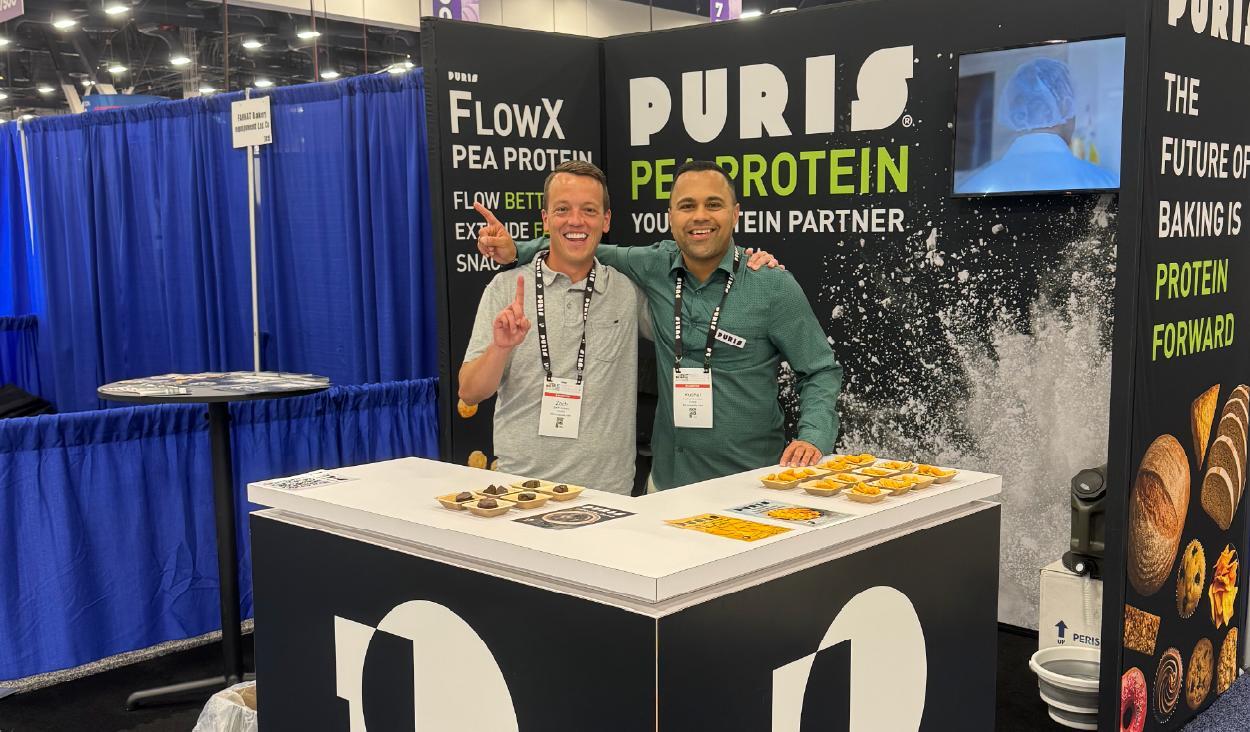So, you have an idea for a tasty new product. Now what?
Going from a test kitchen to a commercial warehouse involves a lot more than multiplying your recipe — and one of the biggest pitfalls start-ups can fall into is rushing into development.
While some of the top food and beverage start-ups are seeing as much as 1000%+ 5-year search growth, this kind of traction didn't happen overnight. Check out these five phases of scaling food production to see how you can bring your big idea to life.
The 5 Phases of Scaling Food Production
Phase 1: Ideation
This is where your great idea takes shape. Phase one focuses on defining a nutritional profile, target market, and business case. Pressure testing your idea helps uncover hidden roadblocks before you invest a lot of capital.
- Is there a big enough market for the product?
- Are the ingredients available in the quantities you’ll need?
- Will the cost margins support your investment in large-scale production?
These are all questions to ask yourself before moving forward.
Key takeaway: Review the financial feasibility of your product before getting too far into development. Make sure the production, packaging, and distribution costs all make sense.
Phase 2: Planning
This phase moves your concept into action. Planning involves detailed research, competitive analysis, and initial prototyping. One of the most important steps in this phase is testing your ingredients. While one cup of flour works for a small batch, can the same be said for a one-hundred-pound batch?
As you scale up, your ingredients will need tweaking — whether because of available supply, fluctuating price, or how they interact on a large scale. In this phase, explore your options. Some ingredient manufacturers, like PURIS, can even help you evaluate your formula.

Key takeaway: Test different ingredients to ensure quality and consistency as your formulation adapts to scale. An experienced supplier can offer valuable insight and help you work through the R&D process.
Phase 3: Development
Development is where your product truly comes to life. This phase involves rigorous testing, refinement, and decisions about manufacturing. It's the bridge between your prototype and a scalable product. This is also a “Go-No-Go” phase, which means after all your testing, the team decides whether it's still a good idea to proceed.
A key step in this phase is finding the right co-manufacturing partner. Like any start-up, you probably don't have all the necessary personnel or equipment. A co-manufacturer can provide the resources and expertise you need. However, not every co-manufacturer is keen to work with start-ups. It's a time and resource-intensive process. Be sure to look for established companies that have the capacity to support your timeline and believe in your product.
Key takeaway: Find a co-manufacturing partner that can provide the equipment, expertise, and industry connections you need. Ensure they can run both small test batches and large production batches.
Phase 4: Scaling
Scaling prepares the product for commercial production. The last phase before launch involves finalizing all aspects, from formula to packaging. It ensures all systems are in place for successful manufacturing and distribution.
Key takeaway: Take time to fully understand the distribution chain. You'll need to plan for price markups between brokers, distributors, and retailers to ensure your profit margins are viable.
Phase 5: Commercial Launch
The commercial launch phase represents the culmination of all your hard work. This critical stage marks the transition from development to market.
Key takeaway: Commercial production requires sophisticated inventory management, quality control, and equipment maintenance. Ensure your partners have the capacity to support your current and future growth.
Become a scale-up success
Scaling food production is a demanding (and rewarding) process. Like anything, having the right partners pays off.
If you’re developing a food or beverage recipe, explore PURIS plant-based ingredients. With specialized, protein-rich formulas, PURIS can help set your product apart in the market.









